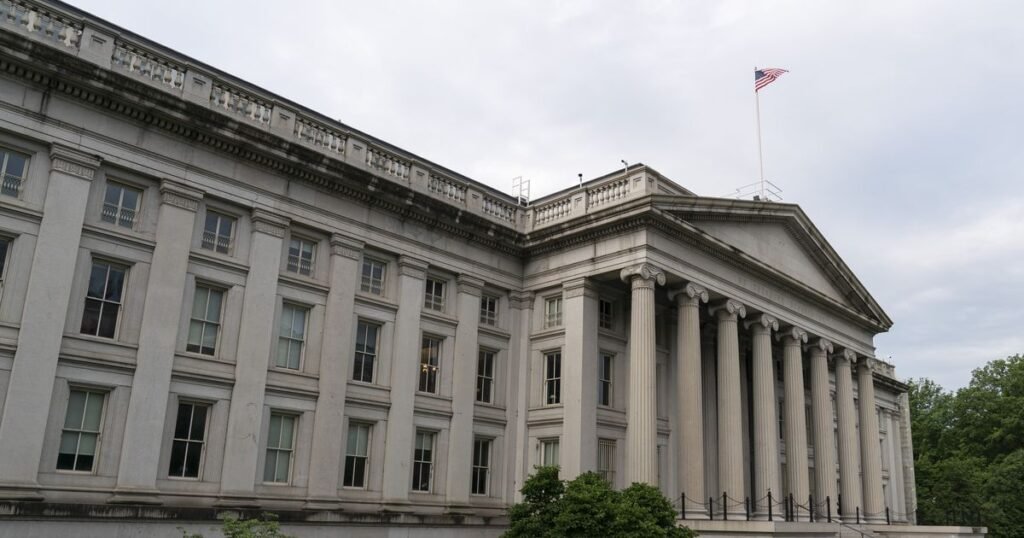Long-dated bonds from the U.S. to France and the United Kingdom slumped on Tuesday, extending this year’s selloff that’s been driven by growing investor concerns about inflation and government spending.
The yield on 30-year Treasurys increased to 4.9% after President Donald Trump pushed to remove Federal Reserve Governor Lisa Cook. In the U.K., gilt yields of the same maturity came close to a 27-year high, and the Japanese ones are already near a record. Investors also pushed up French borrowing costs as the prime minister announced he would call a confidence vote.
The moves, all happening for different reasons, underscore a set of common anxieties that have gripped bond investors this year: the erosion of the Federal Reserve independence, political upheaval and ballooning budget deficits.
“The long end of bond markets around the world are under pressure,” said Brad Bechtel, global head of FX at Jefferies. He adds the “relentless rise” in 30-year Japanese government bond yields is “definitely helping to increase that pressure on the rest of the world.”
Here’s a round-up of global bond market moves:
U.S. Treasurys
The gap between five and 30-year U.S. yields widened seven basis points to 117 basis points – the steepest since 2021. The Bloomberg Dollar Spot Index dipped 0.2%.
Investors and strategists have speculated that price pressures may heat up if Trump succeeds in replacing Cook with a policymaker more inclined to lower borrowing costs.
“We’ve been thinking, September, December, and now we are thinking that October is in play as well, in terms of rate cuts,” Robert Dishner, senior portfolio manager at Neuberger Berman Europe Ltd. said in a Bloomberg Television interview.
Japanese bonds
Faced with the largest debt load among developed economies, Japan is set to continue to face major costs to maintain its debt. Last week, the 10-year yield reached the highest level since 2008, amid growing expectations of a Bank of Japan rate hike as well as persistent fiscal concerns.
French bonds
France’s 10-year yields are now among the highest in the bloc, having already surpassed countries once at the heart of the European sovereign debt crisis such as Greece and Portugal.
U.K. gilts
U.K. borrowing costs had been under pressure lately, creating an additional headache for Chancellor of the Exchequer Rachel Reeves ahead of her autumn budget.
Economists are predicting the U.K. will need to soon raise taxes. The rate on 30-year gilts has risen around 110 basis points over the last 12 months, compared to roughly 80 basis points in comparable U.S. Treasurys.

